
Book
The Master Switch
The Rise and Fall of Information Empires
Knopf,
2010
First Edition: 2010 подробнее...
First Edition: 2010 подробнее...
Copyright © 2010 by Tim Wu
Used by arrangement with Alfred A. Knopf, an imprint of The Knopf Doubleday Publishing Group, a division of Random House, Inc.
ISBN: 9780307269935
Pages: 384
Used by arrangement with Alfred A. Knopf, an imprint of The Knopf Doubleday Publishing Group, a division of Random House, Inc.
ISBN: 9780307269935
Pages: 384
We currently cannot offer you an audio version of this summary.
Recommendation
Great advances in communications technology start new industries, but the history of such breakthroughs shows a cycle of fragmentation, concentration, more breakthroughs and a splintered set of small companies. The web may defy this cycle, whether control of the web consolidates or remain diffuse. Historic patterns suggest that today’s major web companies may become part of larger media empires, centralizing control of online content. Columbia professor Tim Wu offers a rich saga tracing the evolution of telecom industries, technology and regulations and explains what these patterns portend.
Summary
About the Author
Tim Wu is an author, a policy advocate and a professor at Columbia University.
By the same author
Book
Learners who read this summary also read
Book
Book
Book








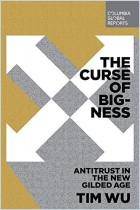
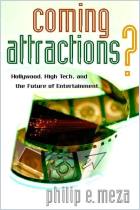
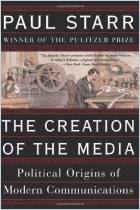


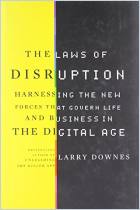
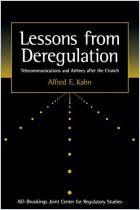



Comment on this summary